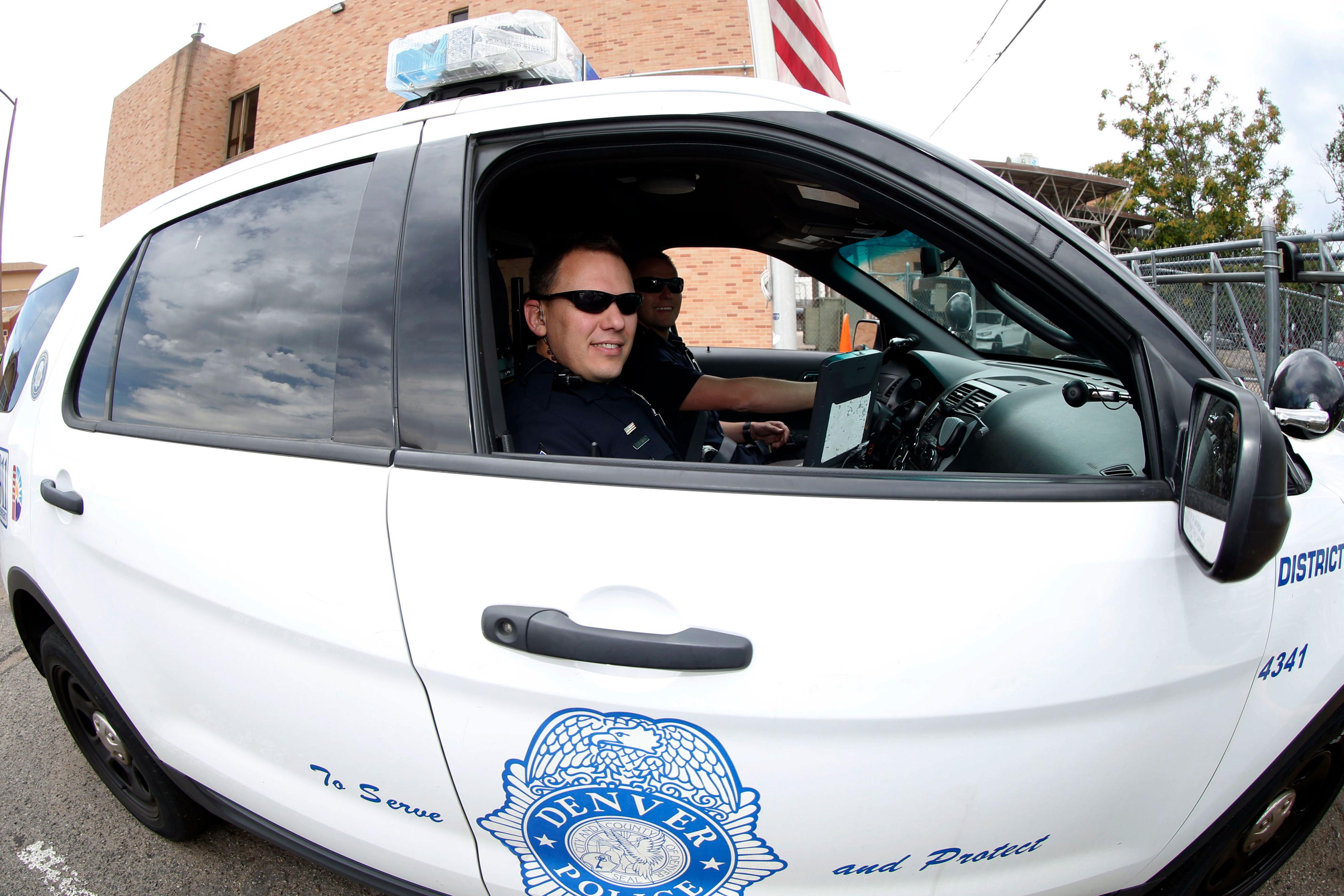
If you tune a radio to the Denver Police Department's transmissions, you'll only hear silence.
Denver law enforcement encrypted their signal at the end of July after nearly a year of deliberation. It's not the first department in Colorado to silence scanners, but it is one of the largest.
News organizations and scanner enthusiasts immediately protested the move, raising questions about the department's accountability and transparency. Jeff Roberts, executive director of the Colorado Freedom of Information Coalition, was one opposing voice.
"When police departments encrypt all of their radio transmissions, it hinders the public's right to know what their police department is doing, what's happening in their communities," Roberts said. "It also is an accountability issue. It makes it it difficult for the news media and the public to hold their public servants accountable."
Scanners are an essential tool for police and breaking news reporters, informing newsrooms where to send a reporter and what to ask officers when they arrive.
Some reporters and editors have already spoken out about how encrypted scanners are making their jobs more difficult and the Denver Police less transparent.
"My fear is that the agency will control all of the information, or control most of the information, what gets out to the public. We always need an independent monitor. And that's what the news media does on the public's behalf," Roberts said. "They're not just doing this for their own benefit. They're doing this to inform the public."
Denver Police Chief Paul Pazen maintains the move protects the public's privacy and prevents individuals from using the information to evade capture, like Mauricio Venzor-Gonzalez did last year.
"When we ask our community to call in to report crimes, we have an obligation to keep their information private," Pazen said. "That's not conducive to that community trust. We have examples of individuals who have used this type of information to evade law enforcement, to evade capture, to further their criminal activity."
Pazen promises that the concern for radio enthusiasts was taken into account when making the department's decision. It just wasn't a big enough concern to sway the result.
"If you're looking at the big picture, if you're weighing public safety versus whether or not somebody can be entertained on a Friday night by listening to police dispatch or fire dispatch, we absolutely have to side with the victims of crime, the witnesses of crime, and make sure that this information isn't broadcast though. That's what we balanced in this very tough decision," he said.
But Roberts believes listening to radio traffic benefits the public more than it could hurt them. Enthusiasts don't just listen in for entertainment, but for the benefit of community and to help inform news organizations.
"I don't know that they're just doing it for entertainment. Some people might be doing that, but some people, a lot of people who do this who aren't news media are listening in to note just know what's going on in their communities," Roberts said. "Some people feel it's their right to be able to monitor public servants in real time, at least to some extent."
Monitoring scanner traffic was a way for journalists and other public listeners to access information without going through Colorado's record request laws, as people have to do to obtain body-cam footage or other details.
Negotiations are open and continuing between Denver Police and opponents to encryption. Roberts remains optimistic the decision could be reversed, but knows it'll require a lot of dialogue.
"They have to get beyond those sticking points," he said.









